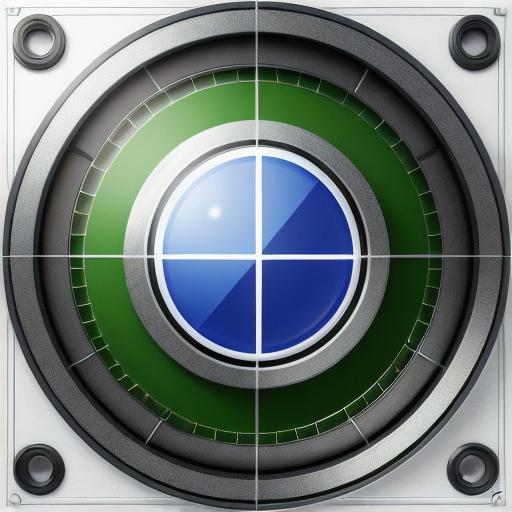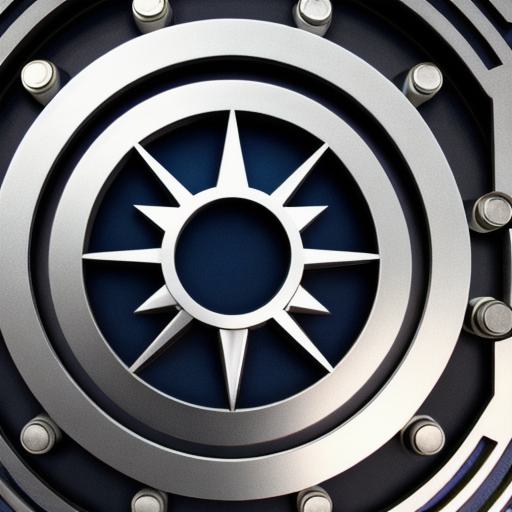Dear web developer, if you’re reading this, then you’ve expressed an interest in broadening your skillset and delving into the exciting world of Unity tool development. Unity, a powerful game engine, offers numerous opportunities for web developers to create custom tools that can streamline workflows, enhance user experiences, and even monetize their creations.
**Table of Contents:**
- Understanding the Basics: What is Unity and Why Should Web Developers Care?
Getting Started:Prerequisites and Resources**
Exploring Unity Tools: Types and Examples**- Developing Your First Tool: A Step-by-Step Guide
- Best Practices: Tips and Tricks for Successful Unity Tool Development
- Advanced Topics: Networked Tools, Plugins, and More
1. Understanding the Basics: What is Unity and Why Should Web Developers Care?
Unity is a versatile cross-platform game engine developed by Unity Technologies. It offers robust features for creating 2D and 3D interactive experiences, including real-time physics simulations, visual scripting, and an extensive asset store. Moreover, Unity supports multiple platforms, such as Windows, macOS, iOS, Android, and even the web using WebGL.
Web developers might be wondering what Unity has to offer them, given their primary focus on creating websites.
Here are a few reasons why this engine is worth exploring:
Custom Interactive Experiences: Unity can help you create custom interactive web content that goes beyond simple HTML and CSS, engaging users with immersive 3D worlds or dynamic simulations.

**Monetization Opportunities:**
Unity’s versatility allows developers to create games or other interactive experiences that can be monetized through various means, such as in-app purchases or ads.

**Collaborative Workflows:**
Many web projects involve teamwork and collaboration, which is where Unity shines, offering features like version control, real-time multiplayer development, and advanced networking capabilities.
**2. Getting Started:
Prerequisites and Resources**
To begin your journey into Unity tool development for the web, ensure you have a solid foundation in the following areas:
1. Basic HTML, CSS, and JavaScript knowledge.
2. Familiarity with version control systems like Git.
3. A working understanding of WebGL and three.js.
4. Patience and determination to learn new tools and techniques.
The official Unity documentation (https://docs.unity3d.com/) is an invaluable resource for learning the ins and outs of the engine, providing tutorials, API references, and community support. Additionally, the Unity Asset Store (https://assetstore.unity.com/) offers numerous free and paid assets that can help speed up your development process.
**Stay tuned for Part 2: Exploring Unity Tools: Types and Examples.
